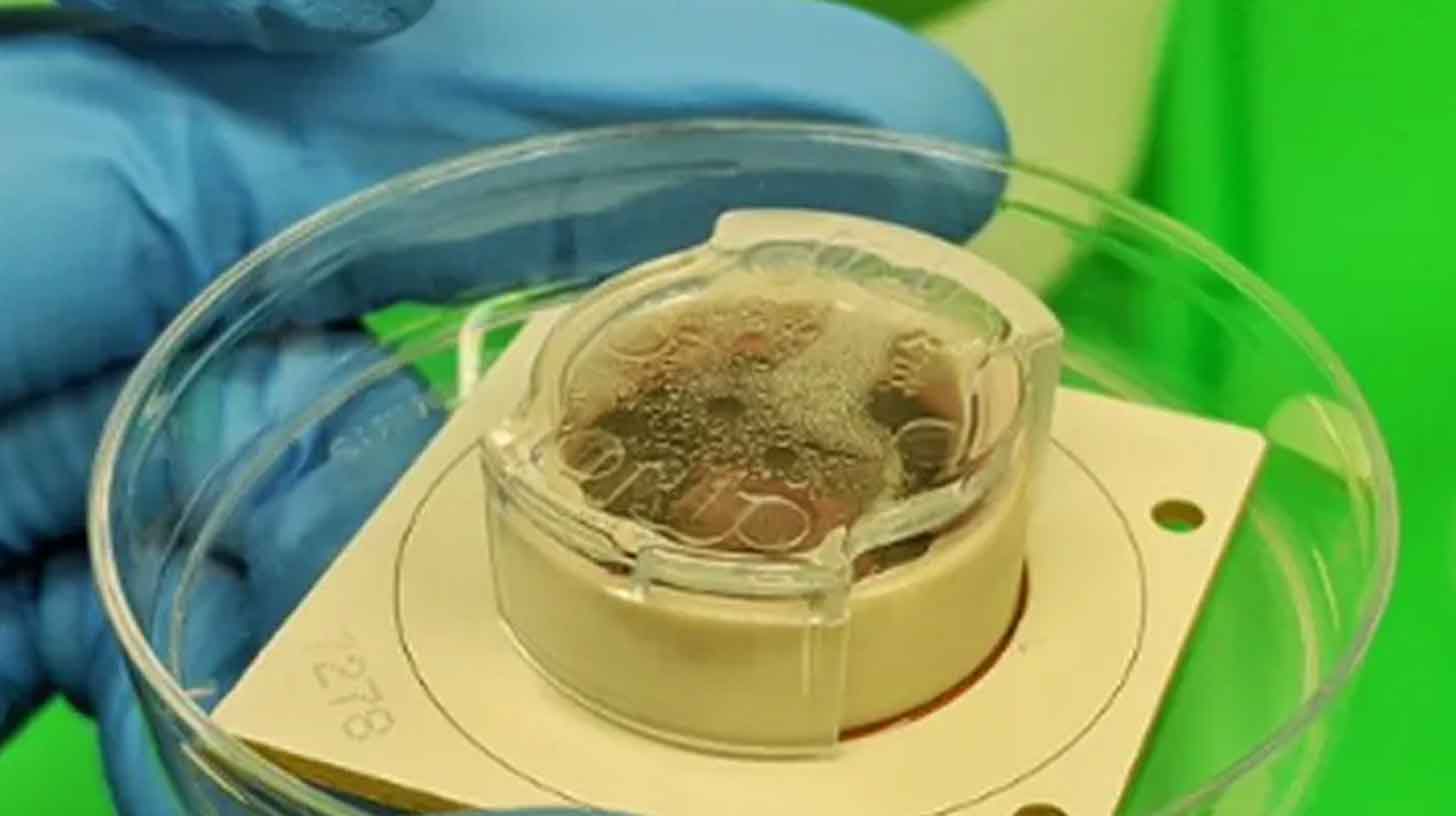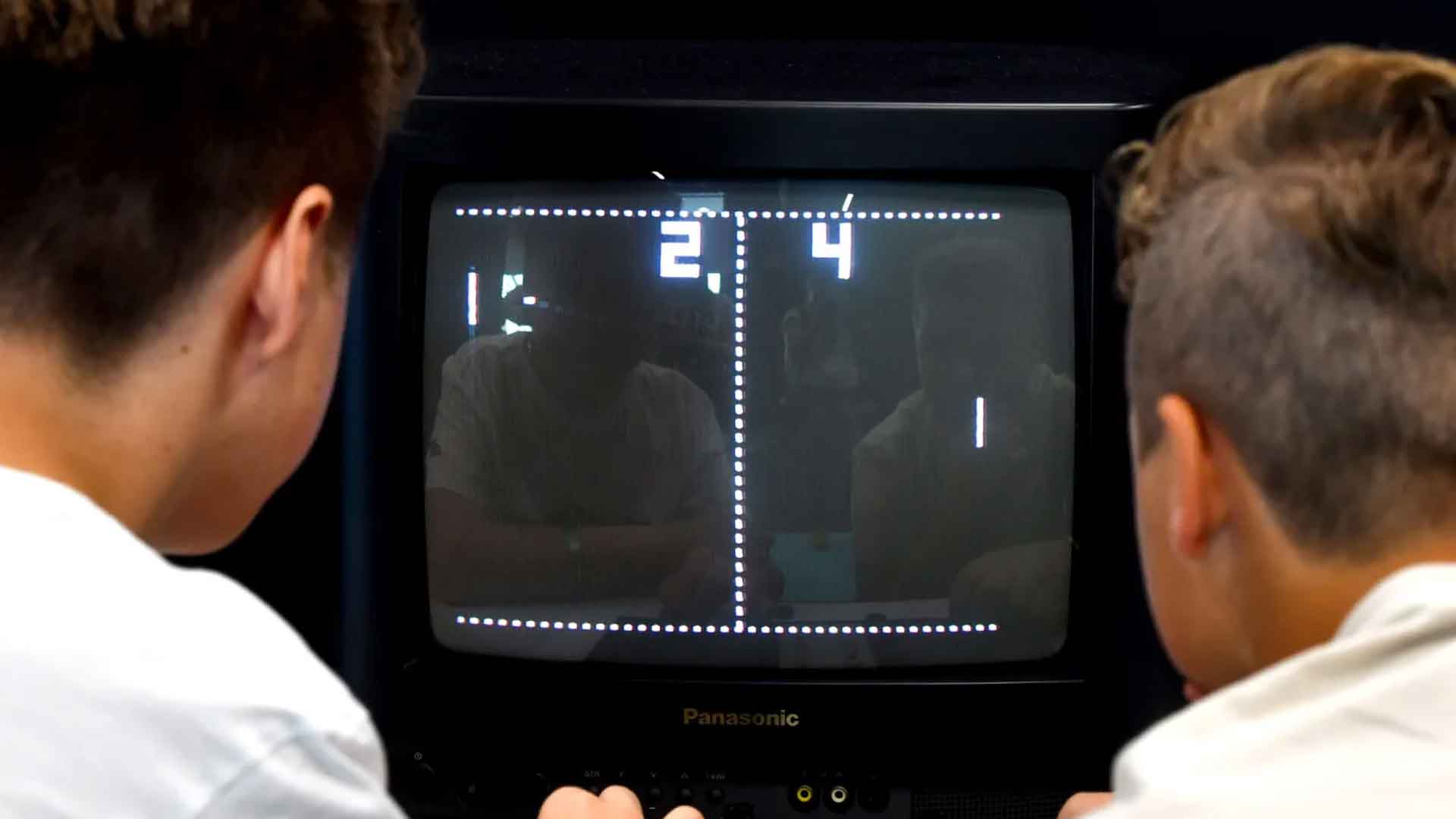Photo credit: Getty
Scientists successfully guided human brain cells in a petri dish through a simulated game of Pong. Cortical Labs, a pioneering biotechnology startup, has made waves in the scientific community with this groundbreaking achievement. This amazing accomplishment shows that scientists can control how brain cells act in a dish, which could lead to new important discoveries about the human brain.

Cortical Labs has already made a name for itself in biotechnology with its pioneering work, focusing on the creation of small neural structures known as 'mini-brains.' Their method involves arranging 800,000 to one million living human brain cells in a petri dish, creating what is known as mini-brains. These miniature neural structures are then positioned on a small microelectrode platform equipped with sensors to observe how the brain cells are working and interacting with each other. The startup has already offered unique insights into neuroscience and has gained attention for its applications in studying brain function and disorders.
While the term "play" might be a loose interpretation, the experiment demonstrated the responsiveness and adaptability of the neural network within the petri dish.
So how can a bunch of brain cells play Pong? The team introduced the mini-brains to the game by creating a simplified version without an opponent. Signals are transmitted to either side of the array to signify the ball's position, prompting the neurons from the brain cells to send signals, influencing the paddle's movements. While the term "play" might be a loose interpretation, the experiment demonstrated the responsiveness and adaptability of the neural network within the petri dish.

By making brain cells play games, Cortical Labs opened new possibilities for studying the complexities of neural networks. Scientists can gain insights about how our brain cells communicate and adapt, which might help in treating brain-related disorders. The extent to which this experiment reflects the true cognitive abilities of brain cells needs further exploration.

Share your thoughts and join the technology debate!
Be the first to comment